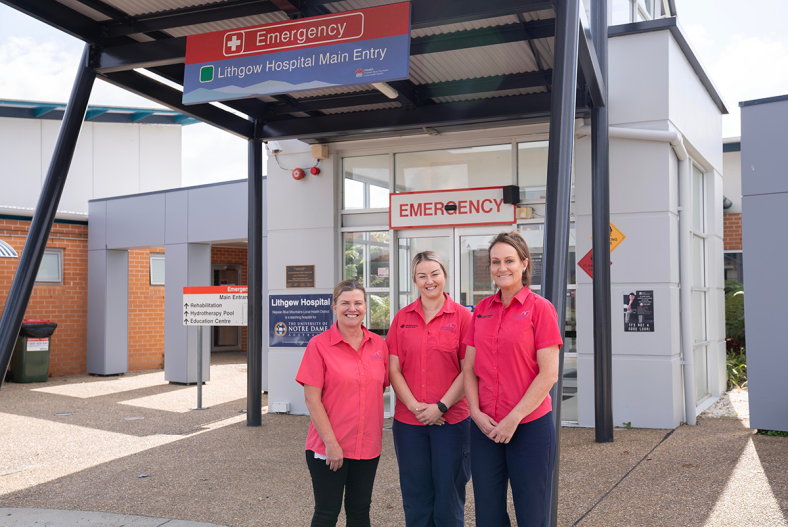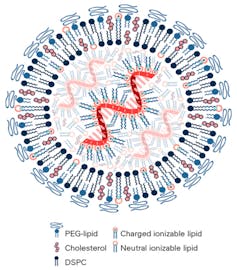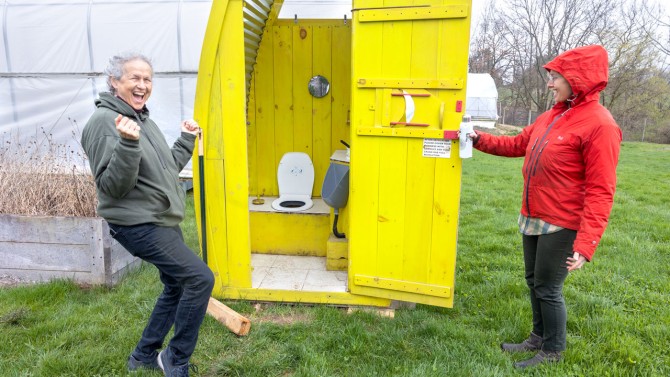 Lucy Shinners
Lucy Shinners Currently the Course Coordinator of the Bachelor of Nursing at Southern Cross Uni, with a background as an ICU Nurse, Lucy is used to working with technology and started to notice artificial intelligence (AI) growing in popularity at industry conferences. After realising the considerable gap in research, Lucy decided to focus her PhD on the current perceptions of AI in the healthcare industry. Lucy’s research aims to identify how clinicians can bridge the gap, contribute to its development, and harness its power in the delivery of care.
We sat down with Lucy to decipher what AI means in the health space as it becomes increasingly popular.
Do you find there’s a lack of understanding of what AI actually is?
In the studies we conducted, there was this real ‘Hollywood’ idea of artificial intelligence, but there is also a degree of ‘social sense-making’ that is occurring. Some healthcare professionals perceive AI as robots, others believe that it is computer technology that can think and act like a human being with emotions, insight and intention, for others it is just a piece of technology that sits in the storeroom.
At the moment, AI is just a series of computer algorithms wholly reliant on the data it receives and the human that informs it, which we’re essentially already using in day-to-day technology without even knowing it. It has huge potential in informing healthcare delivery, but a long way to go yet.
What have you found to be the biggest concerns about using artificial intelligence from healthcare workers?
The main concerns are education and training first and foremost. Healthcare professionals want to know more before they will trust it! However, interoperability, organisational support, privacy, liability and policy are equally important and currently unresolved in the complex space of healthcare.
What are you most excited about with your research?
For me, it’s always this altruistic idea of positively impacting people’s lives somehow. It would be awesome to see clinicians make better-informed decisions because this technology was developed by them and safe to use, which would ultimately improve quality of care and patient outcomes. If I can do my little bit to help keep the clinician front and centre in the development and implementation of AI, then I’ll feel like I’ve really achieved something.
You have so much knowledge in this space! What’s next for you?
I see myself as an interpreter for both sides of the health-tech divide so I think eventually I’d like to get into a space where I can assist both types of organisations to understand the healthcare problem, participate in creating the solution, and prepare the workforce through training and education.








